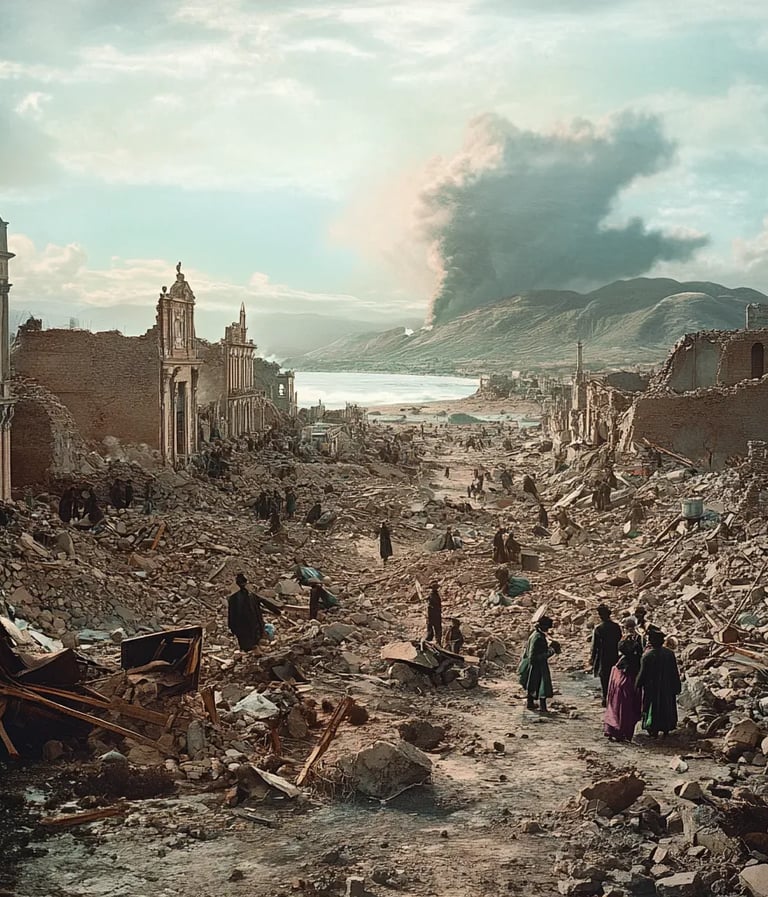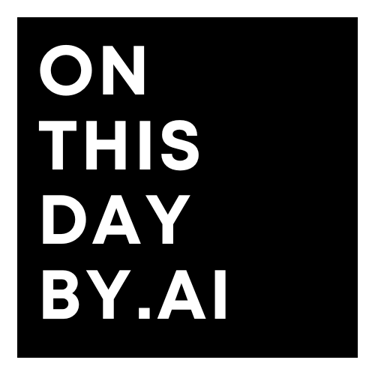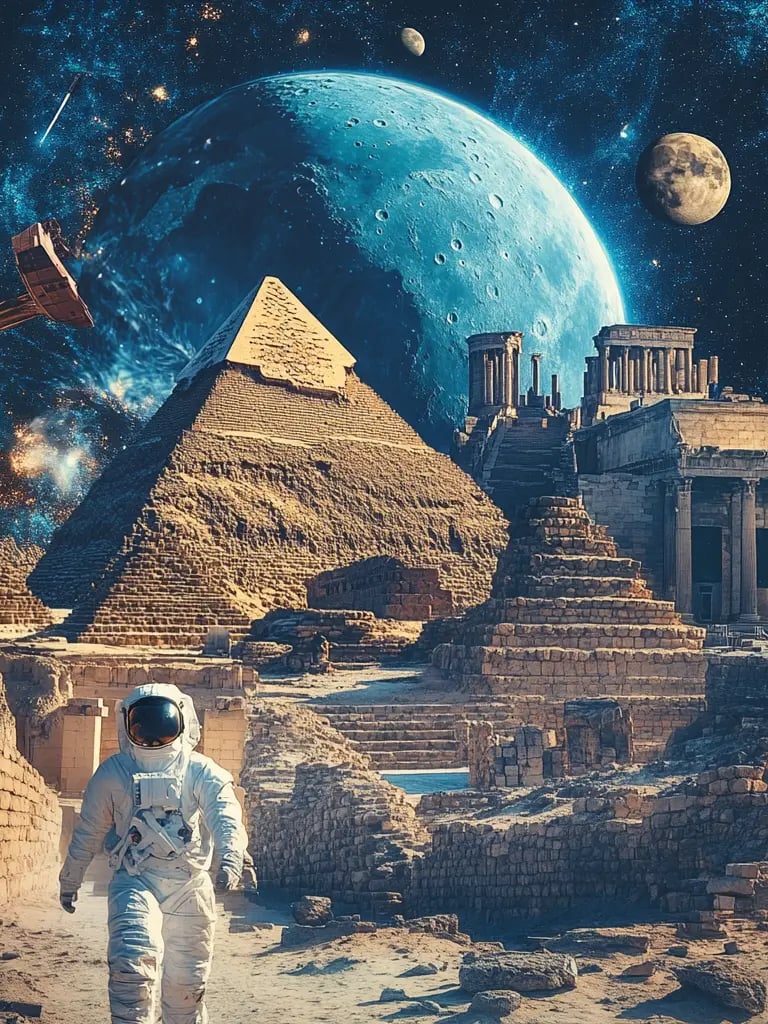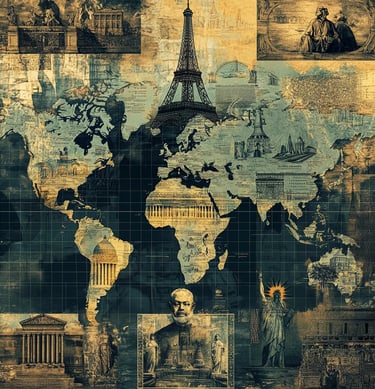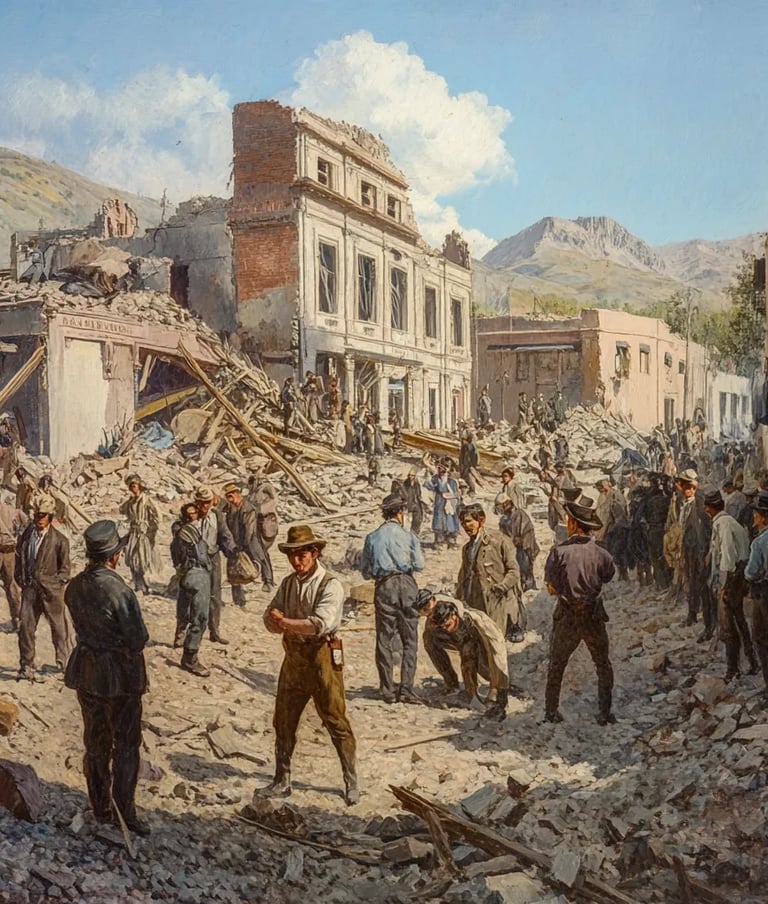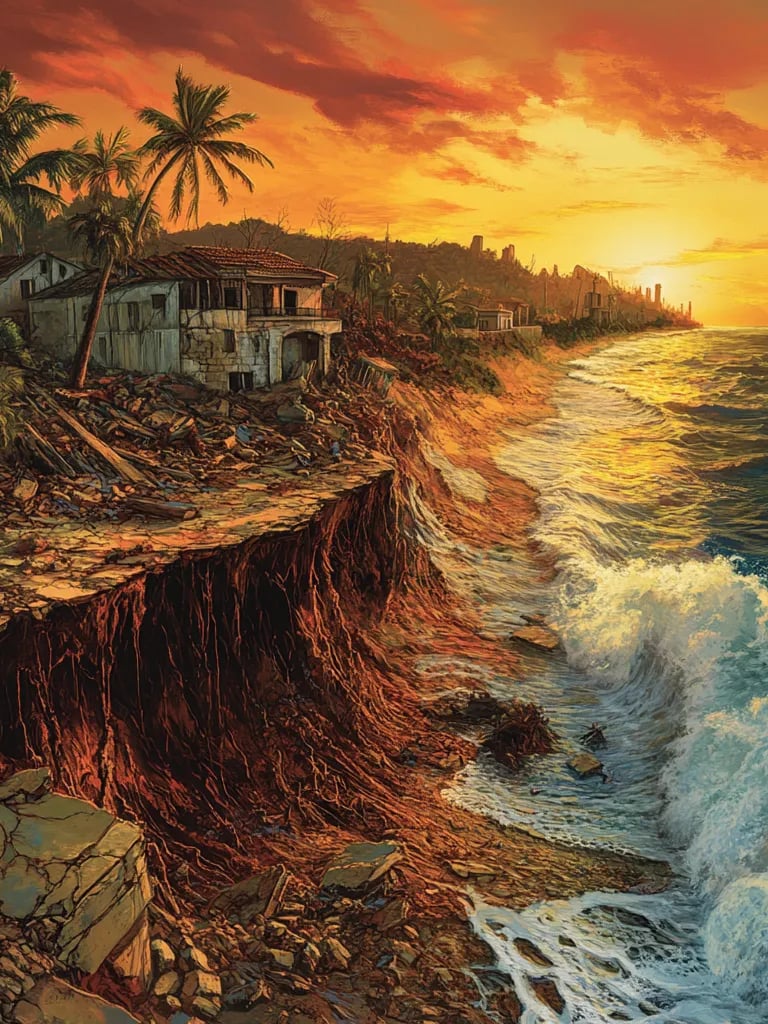On August 13, 1898, hostilities in the Spanish-American War end with the signing of an armistice. The conflict, which began in April 1898, results in Spain relinquishing control over Cuba, Puerto Rico, Guam, and the Philippines to the United States, marking the end of Spain's colonial empire in the Americas and the Pacific.
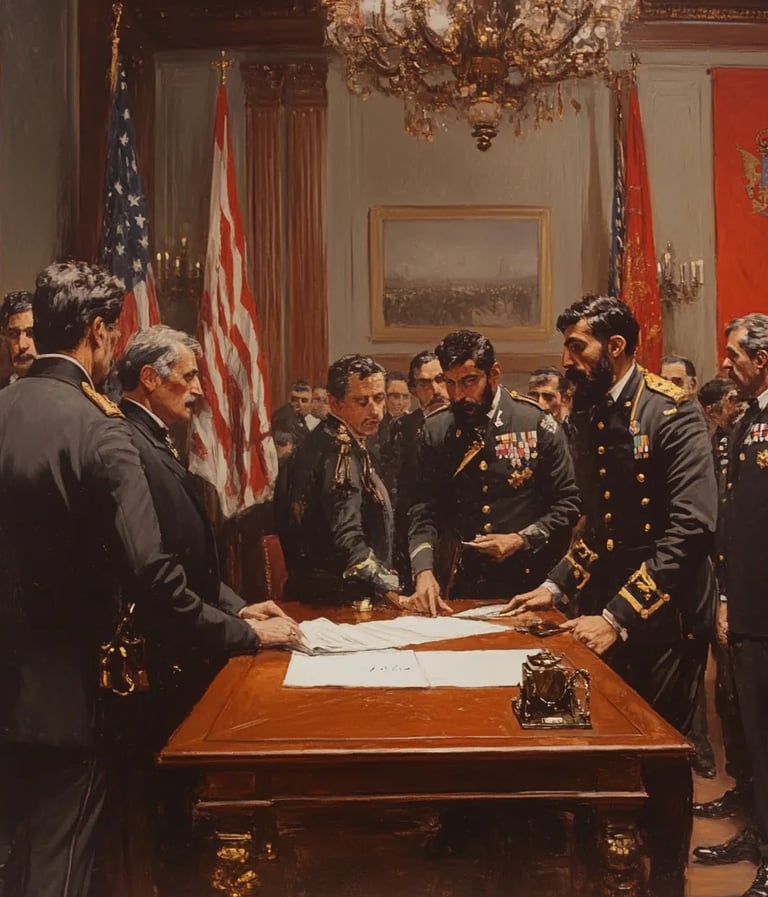

1898 - Spanish-American War Ends
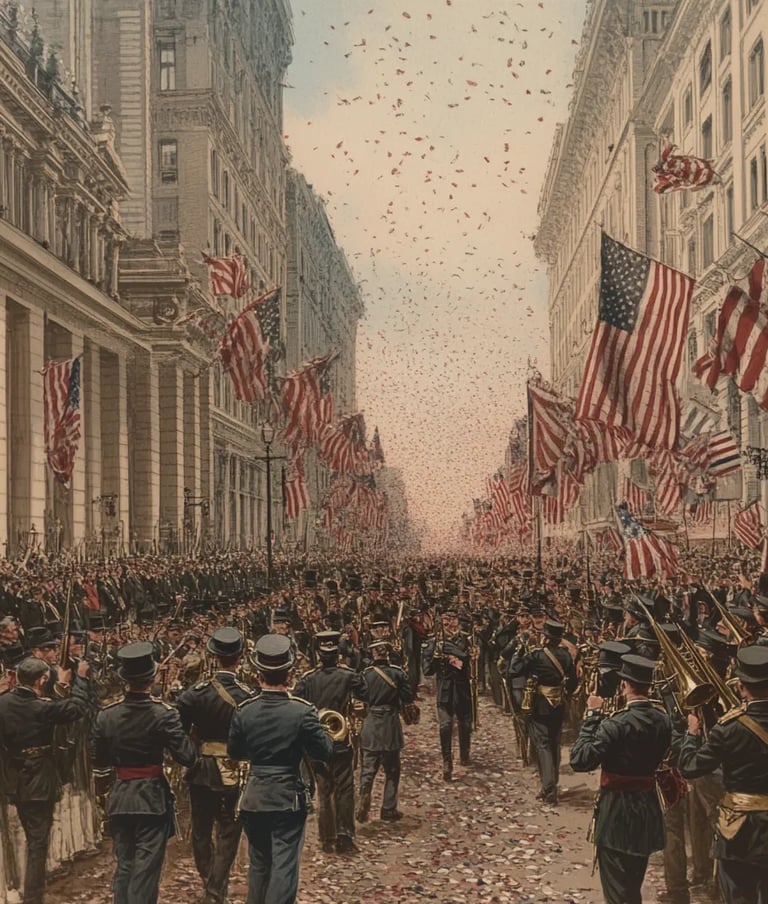

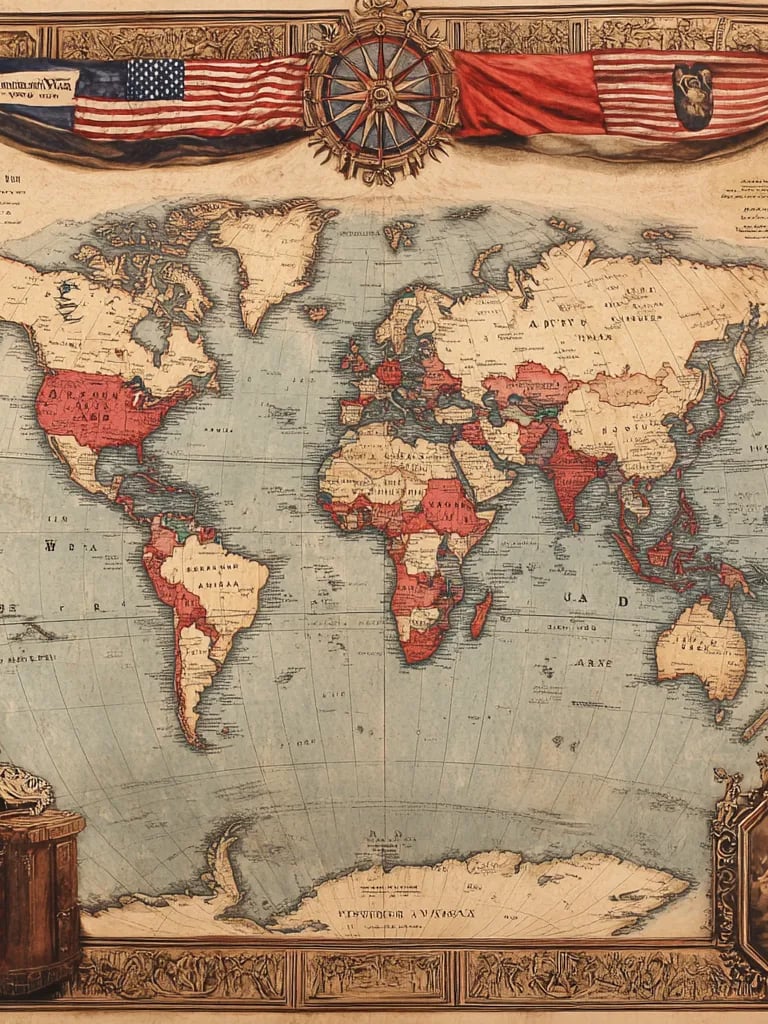

On August 13, 1937, the Battle of Shanghai begins between the armies of China and Japan, marking a significant confrontation in the Second Sino-Japanese War. The battle is one of the largest and bloodiest in the early stages of the war, resulting in heavy casualties and demonstrating the intensity of the conflict.
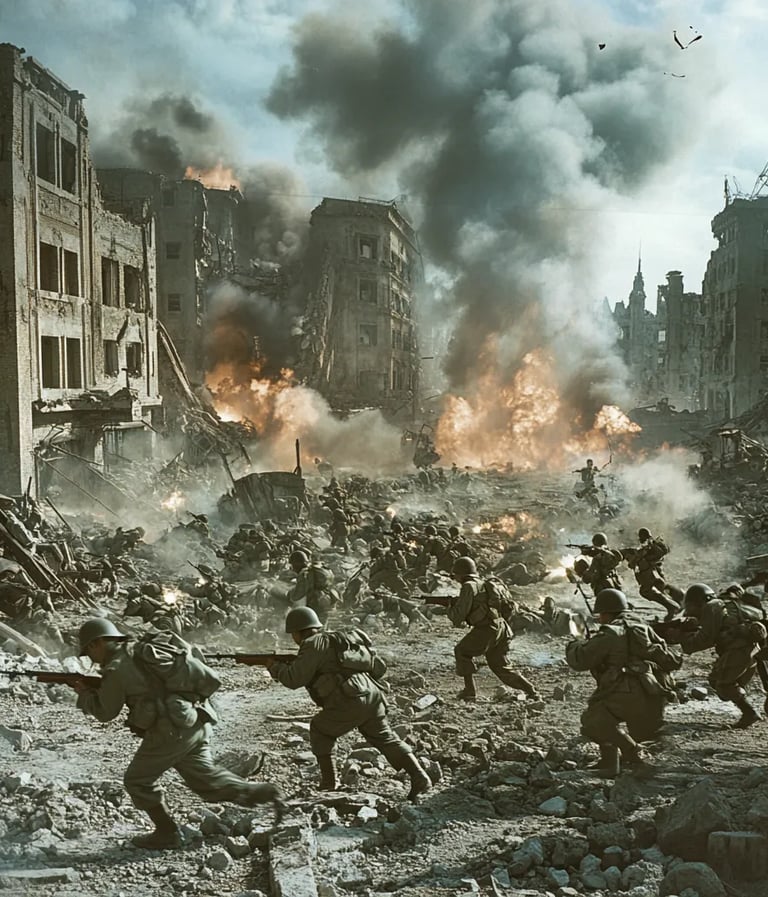

1937 - Battle of Shanghai Begins
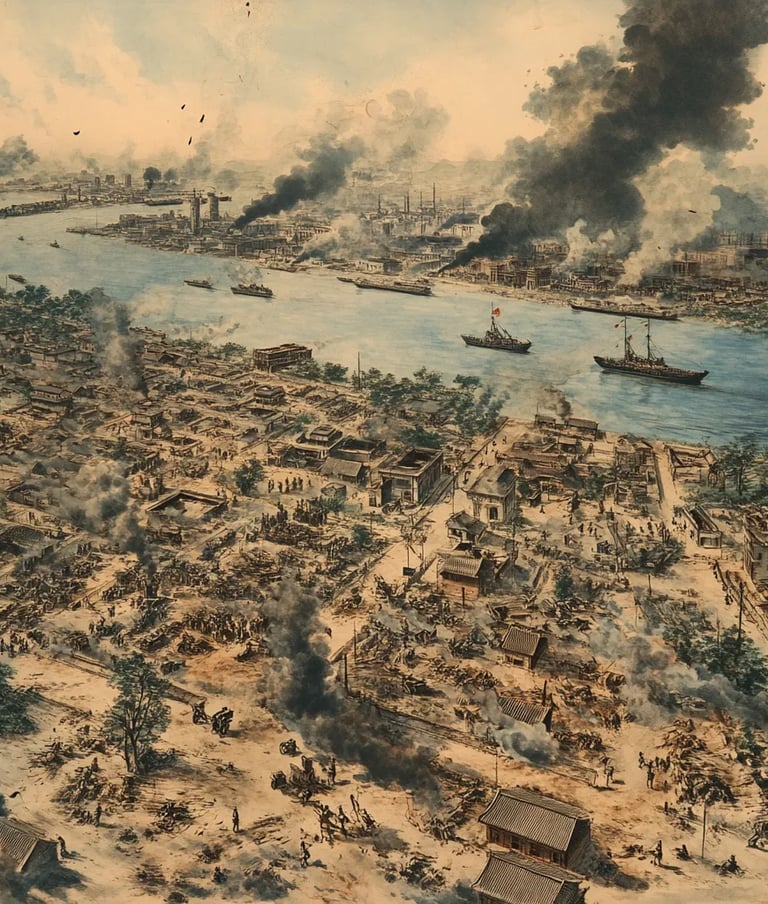

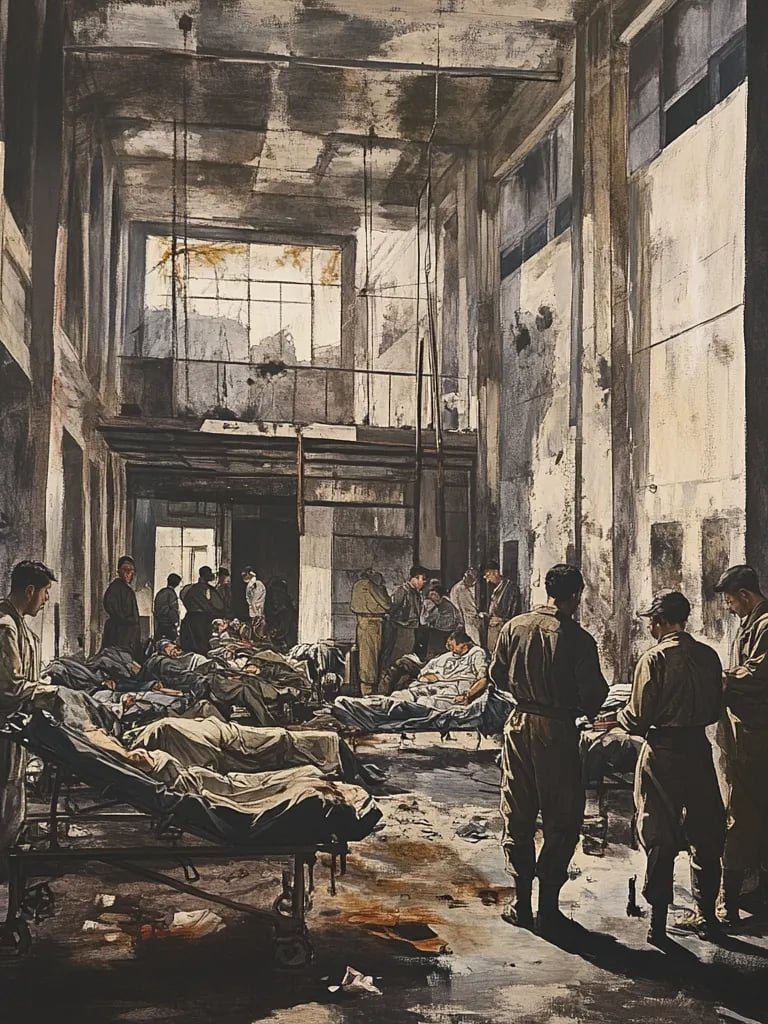

On August 13, 1961, East Germany begins constructing the Berlin Wall, dividing East and West Berlin. This wall becomes a powerful symbol of the Cold War, representing the ideological divide between the communist East and capitalist West, restricting movement, and separating families and communities until its fall in 1989.
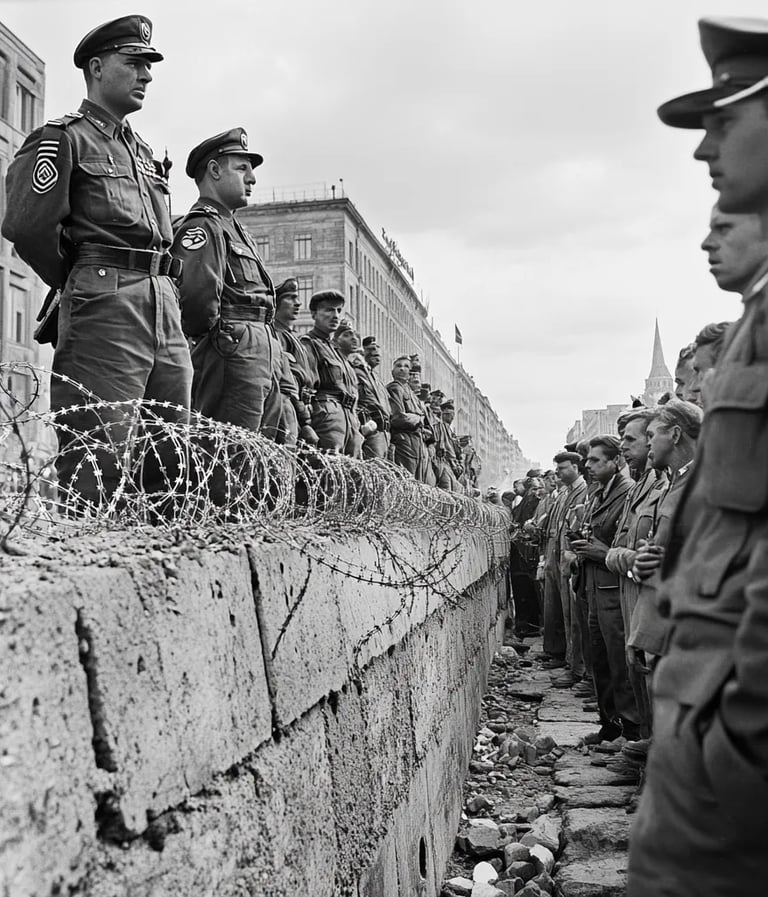

1961 - Construction of the Berlin Wall Begins
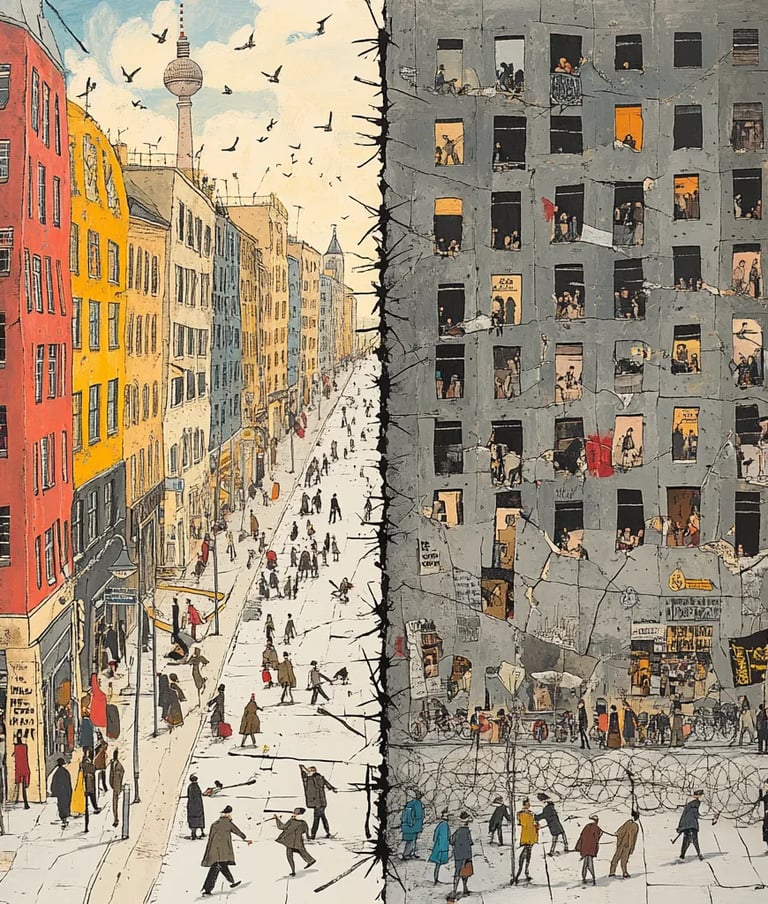

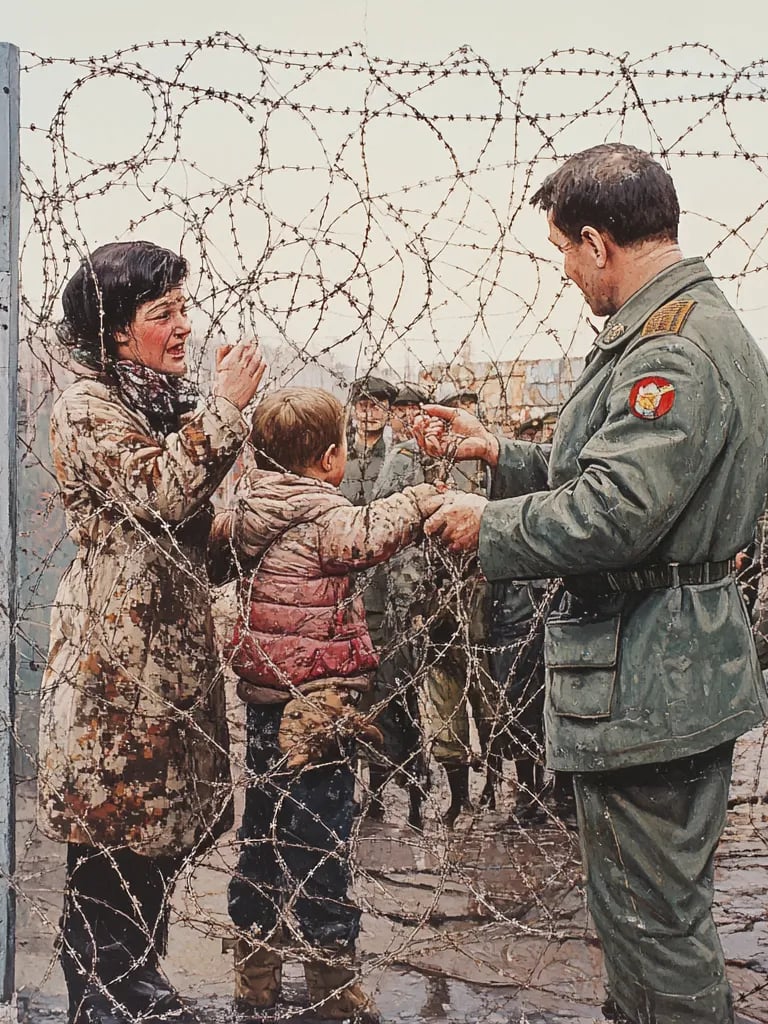

On August 13, 1978, Elizabeth Jordan Carr, the first American "test-tube" baby conceived via in vitro fertilization (IVF), is born in Virginia. This medical breakthrough revolutionizes reproductive medicine, offering new possibilities for infertile couples and advancing research in genetics and reproductive health.
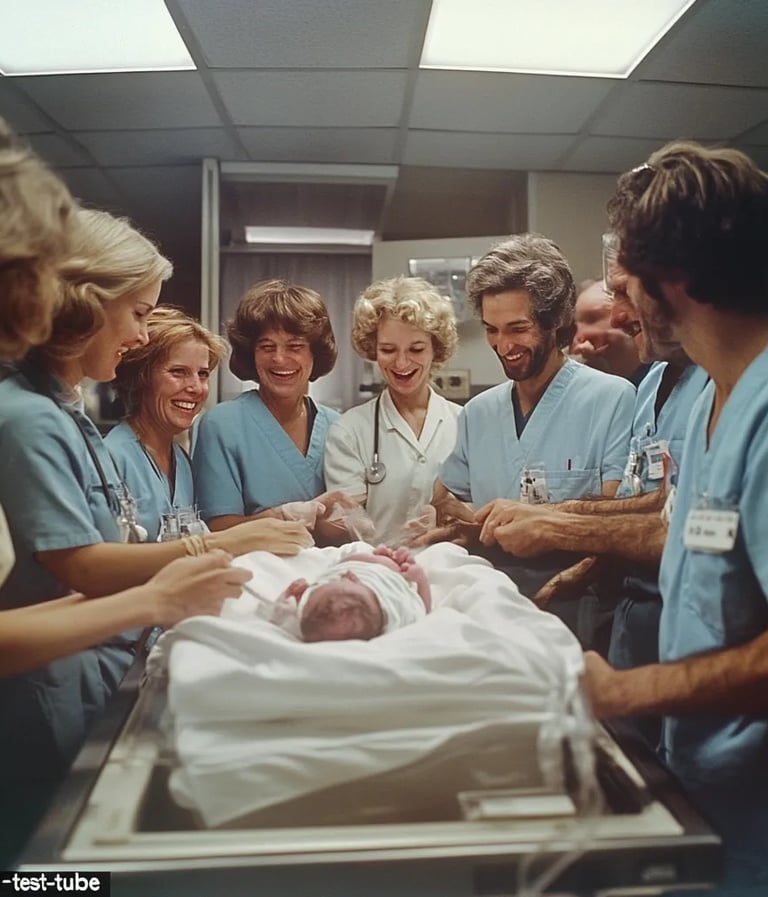

1978 - First US ‘Test-Tube’ Baby Born
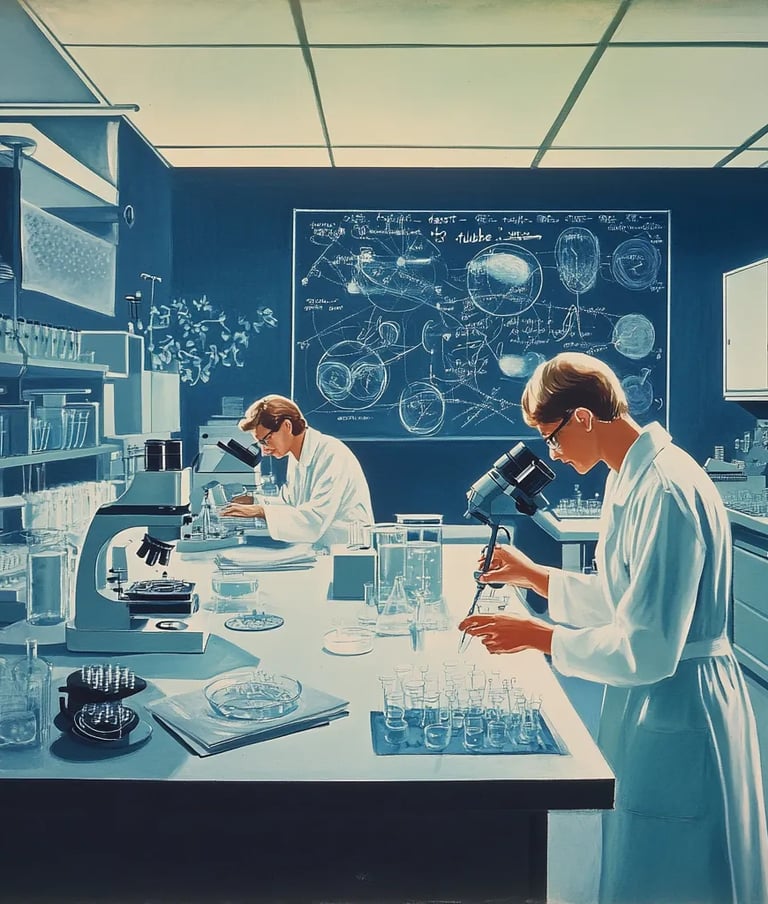

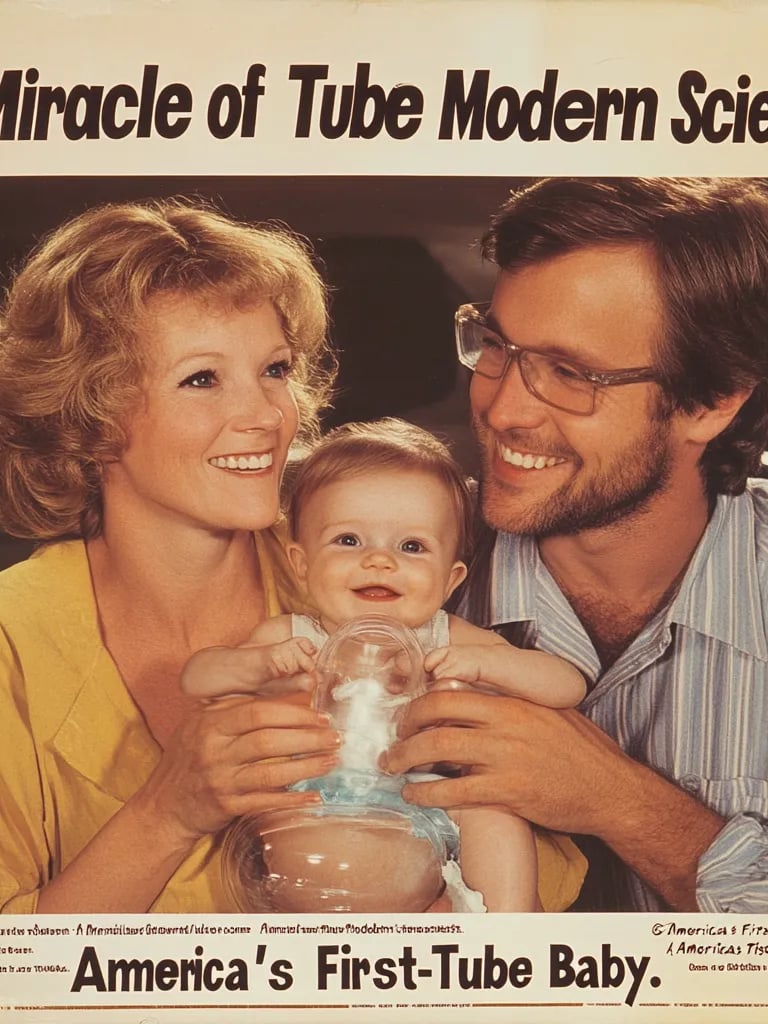

On August 13, 1868, a massive earthquake, followed by a tsunami, devastates Arica, Peru (now Chile), killing thousands. The earthquake is estimated at a magnitude of 9.0 and is one of the most powerful recorded in the region. It causes widespread destruction along the South American coast and highlights the region’s seismic activity.
